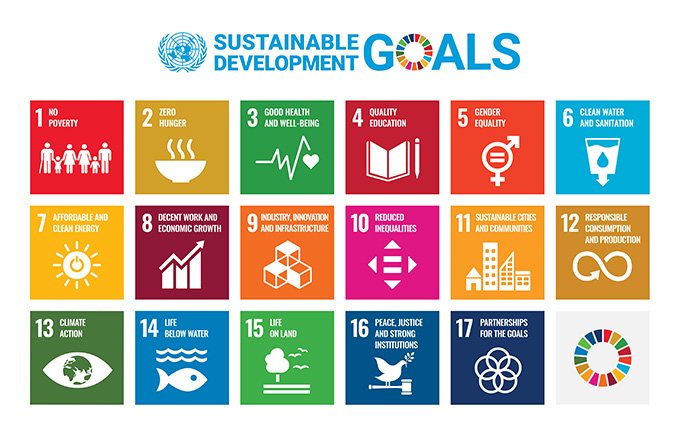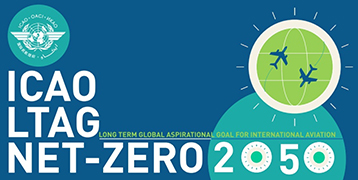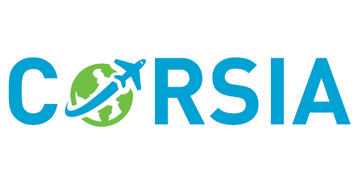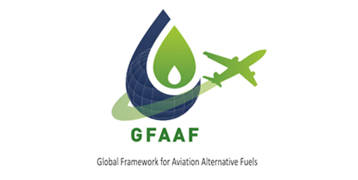Comparative assessment of pyrolysis and Gasification-Fischer Tropsch for sustainable aviation fuel production from waste tires
Energy Conversion and Management
• Volume 302
(2024)
FEATURED BOOK
The aviation industry is a major source of greenhouse gas emissions, making it critical to transition from traditional fossil jet fuels to eco-friendly sustainable aviation fuels (SAF). This change is essential to achieve the goal of net-zero emissions by 2030. Moreover, Waste tires presents a significant environmental challenge due to their durability and difficulty of disposal. Their toxic and flammable nature complicates storage and processing. To address these challenges, waste tires can be processed to SAF using thermochemical processes such as pyrolysis to bio-oil and hydroprocessing, or gasification to syngas and Fischer-Tropsch synthesis (GFT). While waste tires appear to be a viable feedstock,there have not been studies to date that thoroughly compared the most efficient thermochemical process of converting waste tires to SAF. This study compares the economic and environmental impacts of two waste tire based SAF production methods (Pyrolysis/hydroprocessing and GFT). Economically, both methods are more favorable compared to other SAF pathways such as alcohol to jet (ATJ) or hydroprocessing of esters and fatty acids (HEFA). Pyrolysis SAF costs more (0.78 USD/l) than GFT SAF (0.66 USD/l). Pyrolysis is sensitive to hydrogen costs, with a 30% price fluctuation significantly impacting its minimum fuel selling price (MFSP). In contrast, the GFT method is more influenced by catalyst costs. Environmentally, pyrolysis emits less CO2 (34.3 kg CO2 eq/kg SAF) compared to GFT (58.6 kg CO2 eq/kg SAF) but has a higher potential environmental impact in several categories, except for terrestrial ecotoxicity, where both methods are similar. Although pyrolysis has a lower global warming potential (GWP), it presents higher risks in toxicity and photochemical pollution.
10 total downloads



 Back
Back



